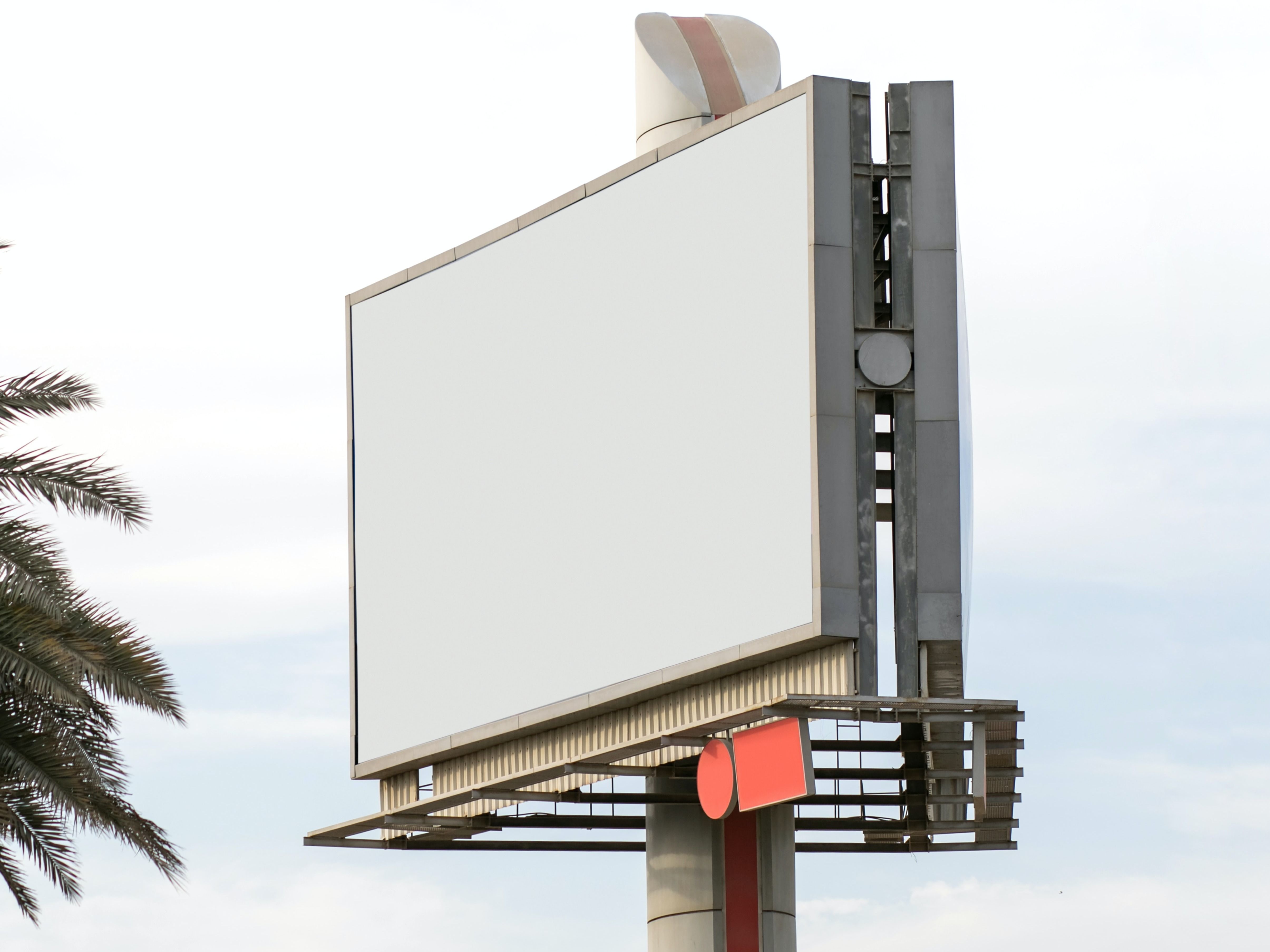Approved by curator

Added: Aug 19, 2021
Last edited: Jan 23, 2024
São Paulo, Brazil, took steps to reclaim public spaces by banning outdoor advertisements. The cities filled spaces that were formerly occupied by advertisements with street art, community noticeboards, and trees. Such an intervention could support a shift towards more sustainable lifestyles of residents by reducing advertising that advocates for the consumption of products.
In recent decades, a growing culture of rapid consumption has grown worldwide, promoted and fuelled via advertising, which has become ubiquitous within the urban landscape. In the early 2000s, advertising grew exponentially in Brazil, and São Paulo began to suffocate under a smog of signage.
In 2007, the City of São Paulo introduced its Clean City Law, and over 15,000 marketing billboards and 300,000 large business signs were taken down. Bus, taxi, and poster advertisements had to be removed as well.
"Visual pollution" has been reduced, though five years after the Clean City Law was enacted, the city began to gradually reintroduce advertising in a controlled manner. Removing ads freed up space for local artwork. It also led citizens and city leaders to notice problems that needed to be addressed, which had been previously disguised by the large advertisements, for instance, small favelas or crumbling infrastructure.
Photo by Kate Trysh on Unsplash

Rethink
Reduce
Eliminate linear incentives and set goals and incentives for circularity
Support circular and resource-efficient business innovations
🏢⚡ Optimised facility management
👕📱 Public advertising to support circular behaviour
Advertising
